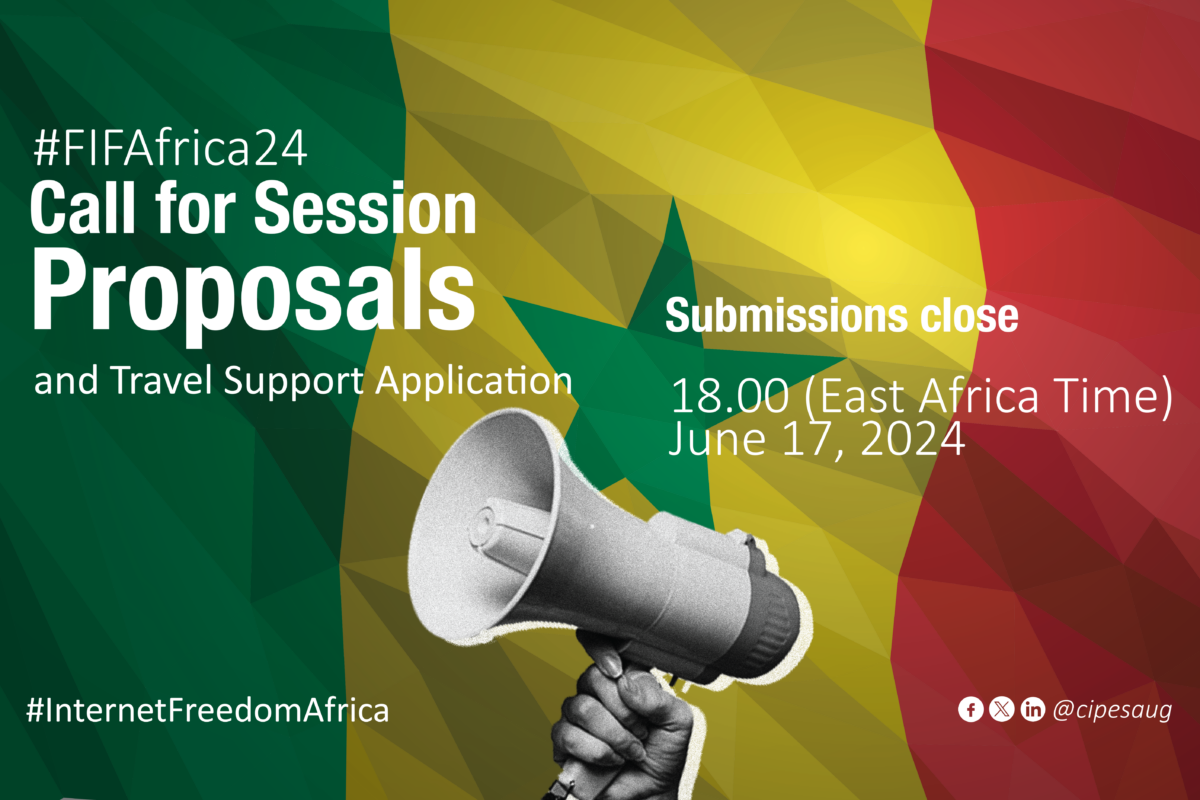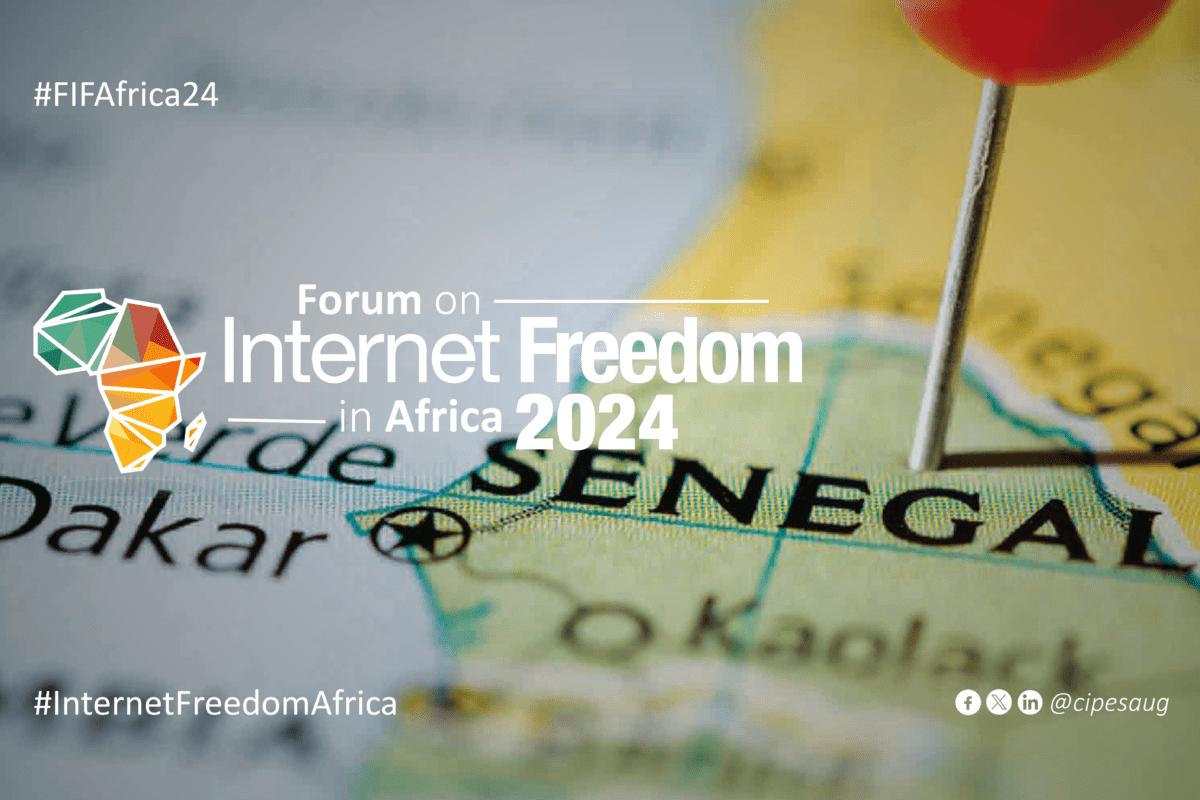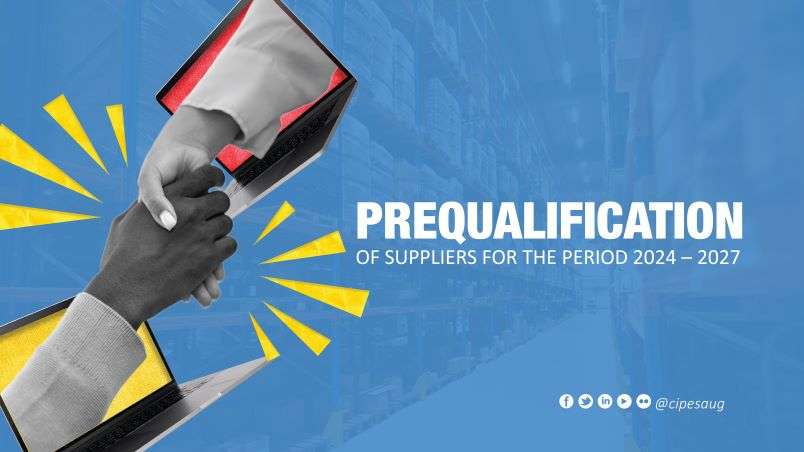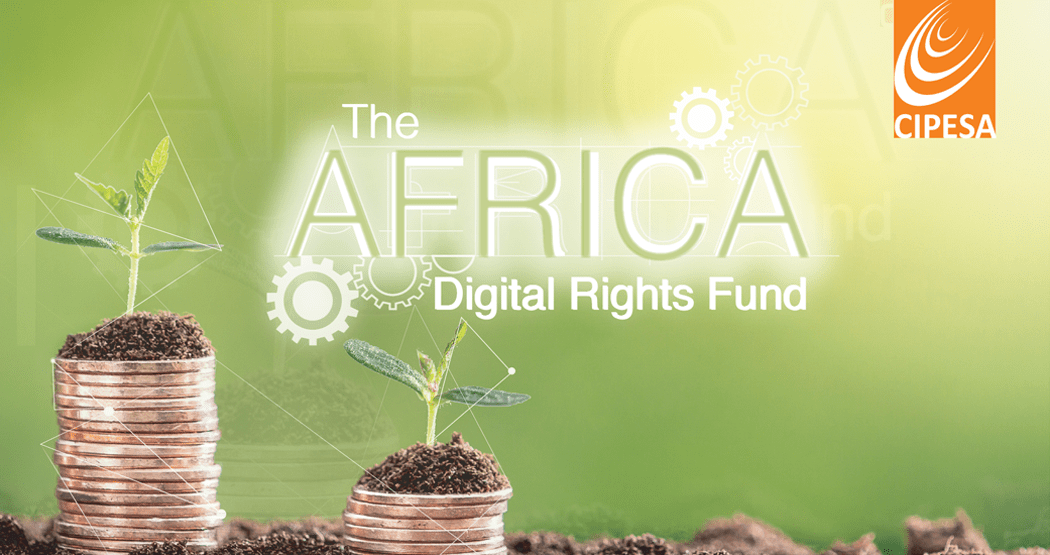Announcement |
The grant recipients of the eighth round of the Africa Digital Rights Fund (ADRF) will implement projects focused on Artificial Intelligence (AI), hate speech, disinformation, microtargeting, network disruptions, data access, and online violence against women journalists and politicians. The work of the 10 initiatives, who were selected from 130 applications, will span the breadth of the African continent in advancing tech accountability.
“The latest round of the ADRF is supporting catalytic work in response to the urgent need to counter the harms of technology in electoral processes,” said Ashnah Kalemera, the Programmes Manager at the Collaboration on International ICT Policy for East and Southern Africa (CIPESA) – the administrators of the Fund. She added that for many of the initiatives being supported, tech accountability was a new area of work but the various projects’ advocacy, research and storytelling efforts would prove instrumental in pushing for tech justice.
Established in 2019 as a rapid response and flexible funding mechanism, the ADRF aims to overcome the limitations of reach, skills, resources, and consistency in engagement faced by new and emerging initiatives working to defend and promote rights and innovation in the face of growing digital authoritarianism and threats to digital democracy in Africa. The sum of USD 134,000 awarded in the latest round, which was administered by CIPESA in partnership with Digital Action, brings to USD 834,000 the total amount awarded by the ADRF since inception to 62 initiatives across the continent.
According to Kalemera, the growth in the number of applicants to the ADRF reflects the demand for seed funding for digital rights work on the continent. Indeed, whereas the call for proposals for the eighth round was limited to tech accountability work, many applicants submitted strong proposals on pertinent issues such as digital inclusion, media and information literacy, digital safety and security, surveillance, data protection and privacy, access and affordability – underscoring the cruciality of the ADRF.
Here’s What the Grantees Will be Up To
In the lead-up to local government elections in Tanzania, Jamii Forums will engage content hosts, creators and journalists on obligations to tackle hate speech and disinformation online as a means to safeguard electoral integrity. In parallel, through its Jamii Check initiative, Jamii Forums will raise public awareness about the harms of disinformation and hate speech.
Combating hate speech and disinformation is also the focus of interventions supported in Senegal and South Sudan. Ahead of elections in the world’s youngest nation, DefyHateNow will monitor and track hate speech online in South Sudan, host a stakeholder symposium in commemoration of the International Day for Countering Hate Speech as a platform for engagement on collective action to combat hate speech, and run multi-media campaigns to raise public awareness on the harms of hate speech. Post elections in Senegal, Jonction will analyse the link between disinformation and network disruptions and engage stakeholders on alternatives to disruptions in future elections.
In the Sahel region, events leading up to coups in Chad, Burkina Faso, Mali and Niger have been characterised by restrictions on media and internet freedom, amidst which disinformation and violent extremism thrived. As some of the states in the region, notably Burkina Faso and Mali, move towards an end to military rule and head to the polls, the Thoth Media Research Institute will research disinformation and its role in sustaining authoritarian narratives and eroding human rights. The learnings from the research will form the basis of stakeholder convenings on strategies to combat disinformation in complex political, social, and security landscapes. Similarly, Internet Sans Frontières (ISF) will study the role of political microtargeting in shaping campaign strategies and voter behaviour, and the ultimate impact on the rights to privacy and participation in Mali.
In South Africa, the Legal and Resources Centre (LRC), will raise awareness about the adequacy and efficacy of social media platforms’ content moderation policies and safeguards as well as online political advertising models in the country’s upcoming elections. The centre will also provide legal services for reparations and litigate for reforms related to online harms.
A study has found that Africa’s access to data from tech platforms, for research and monitoring electoral integrity, was below that in Europe and North America. Increased access to platform data for African researchers, civil society organisations, and Election Management Bodies (EMBs) would enable a deeper understanding of online content and its harms on the continent, and inform mitigation strategies. Accordingly, the ADRF will support Research ICT Africa to coordinate an alliance to advocate for increased data access for research purposes on the continent and to develop guidelines for ethical and responsible access to data to study elections-related content.
The impact of AI on the information ecosystem and democratic processes in Africa is the focus of two grantees’ work. On the one hand, the Eastern Africa Editors Society will assess how editors and journalists in Kenya, Uganda, Tanzania and Ethiopia have adopted AI and to what extent they adhere to best practice and the principles of the Paris Charter on AI and Journalism. On the other hand, the Outbox Foundation through its Thraets initiative will research the risks of AI-generated disinformation on elections, with a focus on Ghana and Tunisia. The findings will feed into tutorials for journalists and fact checkers on identifying and countering AI-generated disinformation as part of elections coverage, and awareness campaigns on the need for transparency on the capabilities of AI tools and their risks to democracy.
Meanwhile, a group of young researchers under the stewardship of the Tanda Community-Based Organisation will research how deep fakes and other forms of manipulated media contribute to online gender-based violence against women journalists and politicians in the context of elections in Ghana, Senegal, and Namibia. The study will also compare the effectiveness of the legal and regulatory environment across the three countries in protecting women online, hold consultations and make recommendations for policy makers, platforms and civil society on how to promote a safe and inclusive digital election environment for women.
Past and present supporters of the ADRF include the Centre for International Private Enterprise (CIPE), the Ford Foundation, the Swedish International Development Cooperation Agency (Sida), the German Society for International Cooperation Agency (GIZ), the Omidyar Network, the Hewlett Foundation, the Open Society Foundations, the Skoll Foundation and New Venture Fund (NVF).





